Institution: Stockholm Resilience Centre
W
U
- University of Delaware
- United Nations
- United Cities and Local Governments
- University of Pennsylvania
- Università di Macerata
- University of Oxford
- United Nations Development Programme
- UN Statistics Division
- UNESCO Information for All Programme
- United Nations Environment Programme
- University of Queensland
- Universidade Estadual do Rio de Janeiro (Federal Rural University of Rio de Janeiro)
- University of the Philippines
- University of California - Irvine
- University of Victoria
- UN-Habitat
- University of Cape Town
- University of Exeter
- United Nations Economic Commission for Africa
- UNICEF
- Università degli Studi di Siena
- Università degli Studi di Napoli Federico II
- Université de Sousse
- United Technologies Research Center
- Università degli Studi di Tuscia
- University of Jordan
- University of California - San Francisco
- UNESCO World Water Assessment Programme (WWAP)
- University of Wollongong
- UNU-WIDER
- Unilever
- University of Gothenburg
- UNESCO
- United Nations Economic Commission for Europe
- UNESCO Global Network of Facilitators
- University of South Africa
- University of Antwerp
- University of Music Franz Liszt Weimar
- UNU-CRIS
I
- International Union for the Conservation of Nature
- International Monetary Fund
- International Institute for Applied Systems Analysis
- Institute for Sustainable Development and International Relations
- Indian Institute for Human Settlements
- International Telecommunication Union
- International Ocean Institute
- India Federation of Self Employed Women's Association
- International Civil Society Action Network
- International Institute for Environmental Development
- ICLEI - Local Governments for Sustainability
- International Labour Organization
- IHE Delft
- International Fertilizer Association
- Islamic Development Bank Institute (IsDBI)
- Istanbul International Center for Private Sector in Development (IICPSD)
- International Labour Organization (ILO)
- International Social Security Association
S
A
- Ain Shams University
- American University
- Athens University of Economics and Business
- African Center for Cities
- Association of Caribbean Energy Specialists
- All India Institutes of Medical Sciences
- Australian Resilience Centre
- Alliance for Global Water Adaptation
- Academy of Korean Studies
- Ahmedabad University
M
H
E
F
- Federal Government of Ghana
- Fundação Getulio Vargas
- Facultad Latinoamericana de Ciencias Sociales
- Federal Government of Chile
- Federal Government of the United States of America
- Foundation for the Global Compact
- FAS - Fundação Amazonas Sustentável (Amazonas Sustainable Foundation)
- Former President of Colombia
- Former Prime Minister of Norway
- Former UN Secretary-General
- French High Council for the Financing of Social Protection
C
N
- New School
- Natural Resource Governance Institute
- National Disaster Management Authority (India)
- National Research University Higher School of Economics
- National Wildlife Federation
- New York University
- Northumbria University
- National Autonomous University of Mexico
- National Institute of Archaeology and Heritage Sciences of Morocco
G
K
D
P
B
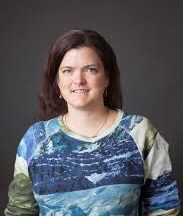
Maria Tengö
Maria Tengö is a researcher at the Stockholm Resilience Centre. Read more about her work here: http://www.stockholmresilience.org/contact-us/staff/2012-08-15-tengo.html.
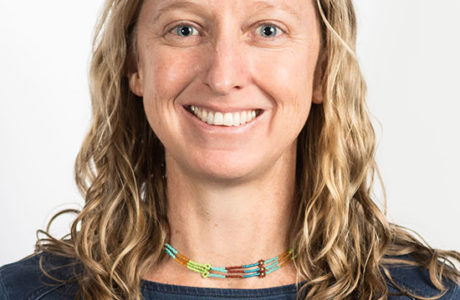
Belinda Reyers
Belinda Reyers is a researcher at the Stockholm Resilience Centre. Read more about her work here.
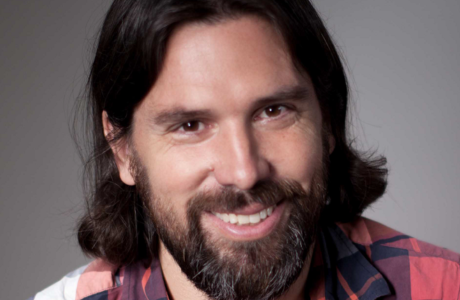
Garry Peterson
Garry Peterson is a Professor in Environmental Sciences with focus on resilience in socialecological systems and head of the PhD programme in Sustainability Science at the Stockholm Resilience Centre, at Stockholm University. He co-leads a research project on socialecological dynamics of ecosystem services in the Stockholm region, contributes to IPBES, and contributed to the Millennium Ecosystem Assessment. He is co-leader of the regime shifts research theme at the Stockholm Resilience Centre (regimeshifts.org). Garry Peterson has an interdisciplinary background and his research has consistently combined theoretical development with applied practical work. His current research focusses on how interactions among people and nature produce diverse benefits for people, or ecosystem services, and how social-ecological systems can abruptly reorganize. He is also currently working on identifying how alternative social-ecological trajectories that could lead towards ‘good’ futures for people in the Anthropocene can be identified and compared.
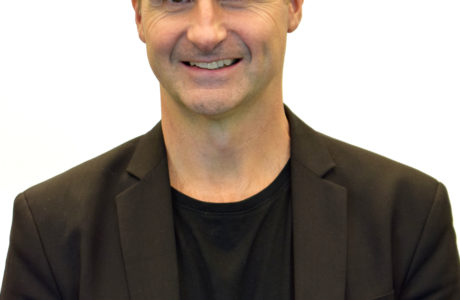
Per Olsson
Per Olsson is a researcher at the Stockholm Resilience Centre. Read more about his work here: http://www.stockholmresilience.org/contact-us/staff/2008-01-08-olsson.html.
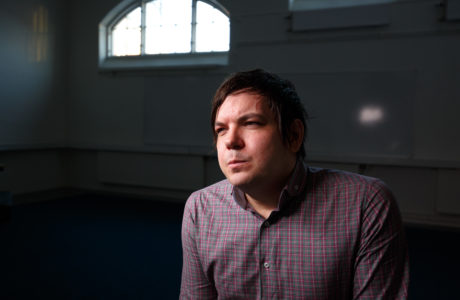
Andrew Merrie
Andrew Merrie is Communications Officer at the Stockholm Resilience Centre. Read more about his work here.
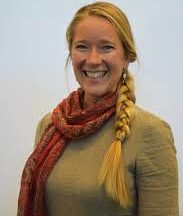
Jamila Haider
Jamila Haider is a Postdoctoral Researcher at the Stockholm Resilience Centre. Read more about her work here: http://www.stockholmresilience.org/contact-us/staff/2012-11-06-haider.html.
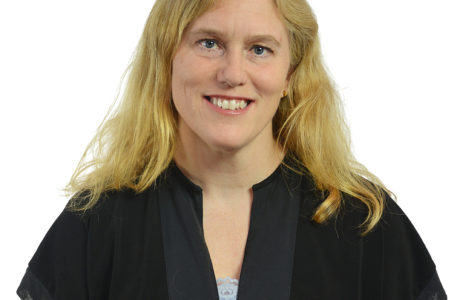
Line Gordon
Line Gordin is deputy director and an associate professor at Stockholm Resilience Centre. Read more about her work here: http://www.stockholmresilience.org/contact-us/staff/2008-01-08-gordon.html.
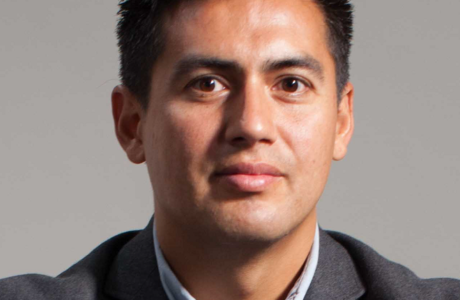
Victor Galaz
Victor Galaz is an Associate Professor and Senior Lecturer in political science, and is currently working as a researcher and co-theme leader for Global and Cross-Scale Dynamics at the Stockholm Resilience Centre, and as Acting Executive Director for the Global Economic Dynamics and the Biosphere programme at The Royal Swedish Academy of Sciences. His current research interests are in global environmental governance, planetary boundaries, emerging technologies and emerging political conflicts associated with the notion of the Anthropocene. His work has been featured in international media such as Wired, The Guardian, New Scientist and Nature. He is a regular contributor in the Swedish public and policy debate about environmental policy and emerging technologies. Victor is also the author of “Global Environmental Governance, Technology and Politics – The Anthropocene Gap” (Edward Elgar, 2014).
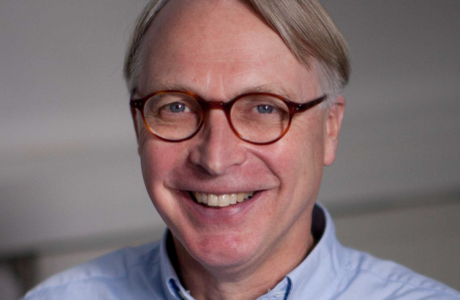
Carl Folke
Carl Folke, professor, is the founder and Science Director of the Stockholm Resilience Centre and the Director of the Beijer Institute of Ecological Economics at the Royal Swedish Academy of Sciences. Carl has contributed to the development of new research areas, interdisciplinary arenas, and concepts that have spread in science, policy and practice. He works with interdisciplinary and integrative science for sustainability with a focus on social-ecological systems, resilience thinking, and ecological economics, emphasizing that people are embedded parts of the biosphere and at the same time shaping it from local to global levels, and how to adaptively govern and manage for resilience and transformation in social-ecological systems. Carl has produced over 250 scientific papers (16 in Science and Nature) and 13 books, including Linking Social and Ecological Systems: Management Practices and Social Mechanisms for Building Resilience (with F. Berkes) Cambridge 1998, Navigating Social-Ecological Systems: Building Resilience for Complexity and Change (with F. Berkes and J. Colding) Cambridge 2003, and Principles of Ecosystem Stewardship: Resilience-Based Natural Resource Management in a Changing World (with Chapin, F.S, III, and G.P. Kofinas) Springer Verlag 2009. He serves as advisor to international research institutes, has a long record of science and policy collaboration, and more recently collaboration between science and the business community.